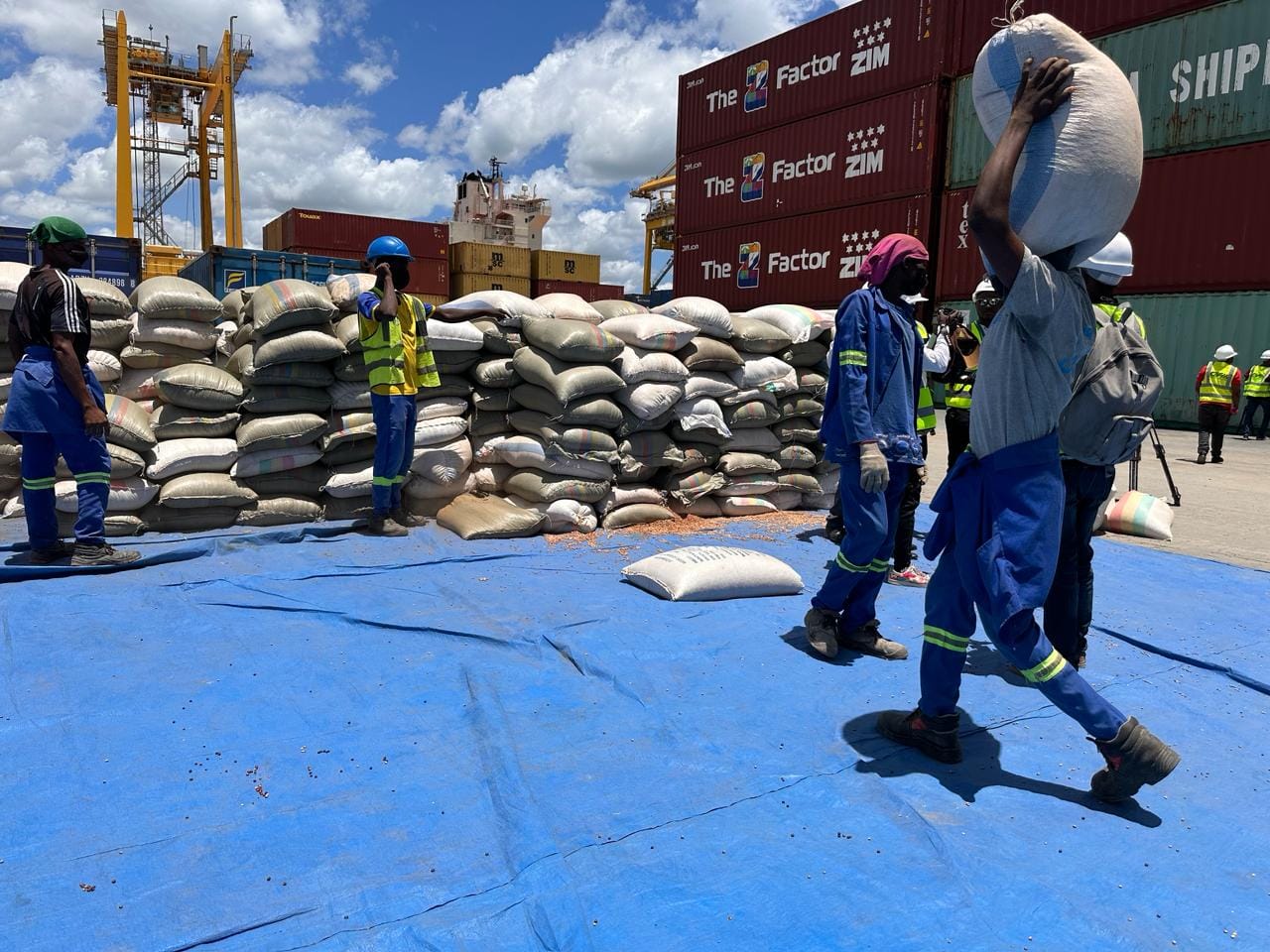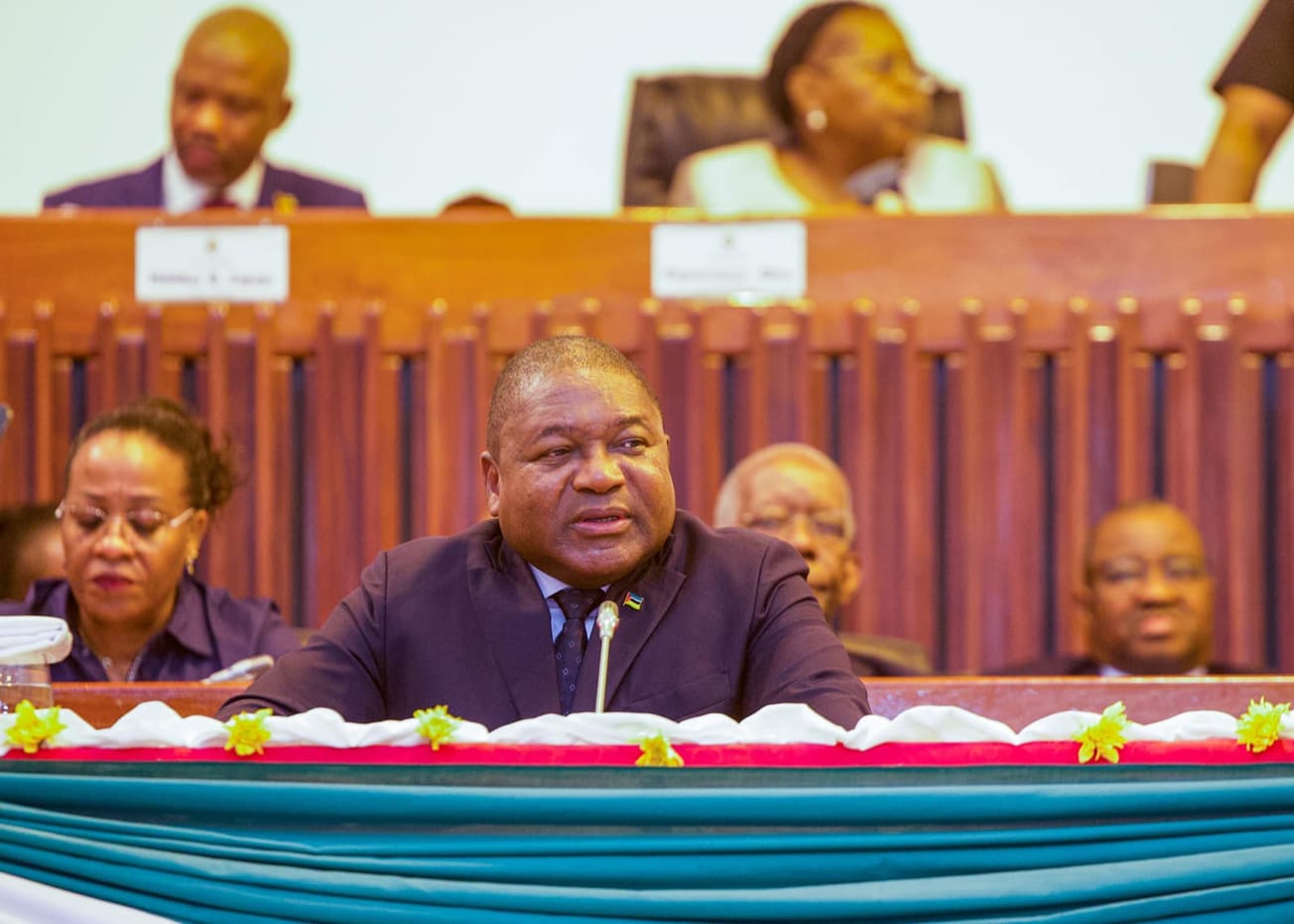On 11 October, Mozambicans will head to polling stations to vote in local elections in 65 municipalities. Campaigning officially began on 26 September.
Frelimo, which has been the leading political party in Mozambique since the country gained independence in 1975, will face off against candidates from 21 political parties and groups for seats on the country’s municipal councils. The main opposition will come from Renamo, the largest opposition party; the Democratic Movement of Mozambique (MDM); and New Democracy (ND).
Frelimo is focused on regaining control of municipalities currently under opposition leadership. If successful, the outcome of the local elections could give Frelimo’s campaign manager, Celso Correia, the momentum to officially launch his bid for leader of the party, and therefore likely next president of Mozambique, when Filipe Nyusi stands down next year. Mozambique’s next presidential election will take place in October 2024.
Who are the most prominent mayoral candidates?
The candidate at the head of the list of the party with the most votes will become the municipal (city or town) mayor.
In Maputo, Frelimo’s Razaque Manhique, Renamo’s Venâncio Mondlane, MDM’s Augusto Banzo and ND’s Eunice Andrade will all run for mayor.
Businessman Luís Abdula Giquira leads Frelimo’s list of candidates in the city of Nampula. He replaced the current governor of the province, Manuel Rodrigues, who withdrew after being elected by party members last month. Renamo’s Paulo Vahanle is expected to hold on to the mayoralty in Nampula.
In Beira, which Frelimo has made one of its key targets in the local elections, MDM mayor Albano Carige will face off against Frelimo’s Stella Pinto and Renamo’s Geraldo Carvalho.
How free and fair is the election expected to be?
There are reports from all over the country of attempts to restrict campaigning and manipulate the vote, generally in favour of Frelimo. Voter registration took place from April to June, but many registration posts opened late or did not open at all. There were also reports of uneven distribution of voter registration posts and secret preferential lists of Frelimo activists to be registered before everyone else, while suspected opposition voters have not been registered. Voters have been seen being bussed into municipalities from outside the municipal boundaries, in order to vote for Frelimo. In at least one province, Gaza, Frelimo activists have told polling station staff to ensure a Frelimo victory. Policing of the election campaign has also generally been biased in favour of Frelimo, with opposition activists more likely to be arrested for misbehaviour. Local offices of Renamo and the MDM in the towns of Chókwè and Xai-Xai have been burnt and looted.
What are the races to watch?
It will be difficult for Frelimo to hold the cities of Maputo and Matola, given mismanagement by current mayors and strong opposition candidates. In Maputo, MDM’s Venâncio Mondlane is in a very good position to win, after almost winning in 2013. Mondlane will run against Frelimo’s Razaque Manhique, the former vice-president of Maputo’s municipal assembly.
In Matola, the nation’s most populous city, a close race is expected between Frelimo and Renamo, following a close result in the last elections. Frelimo has selected Júlio Parrauque, the current governor of the province of Maputo, as its lead candidate, while Renamo has nominated António Muchanga, a popular figure who won 47% of the vote in 2018.
Major political battles are expected in the coastal municipalities of Nampula and Zambezia, where local hostility towards Frelimo could give an upper hand to opposition parties. Frelimo lost control of Nampula in 2013, following the election of MDM mayor Mahamudo Amurane, who was assassinated in 2017, while Renamo mayors currently run Nacala, Mozambique Island and Angoche.
A close race is also expected in Beira, where MDM hopes it can hold onto its home city and where Frelimo has not held the mayoralty for more than 20 years. The MDM’s Albano Carige is favourite to win, but Frelimo and Renamo both sense a chance after the death of the long-time city mayor, and MDM founder, Daviz Simango in 2021. In August, Zitamar News reported on clashes between Renamo and Frelimo supporters in the city.
Political, and ethnic, tensions are high in Mocímboa da Praia in Cabo Delgado province. Renamo supporters have blamed Frelimo for bringing “al shabaab” to the region. While “al shabaab” is typically used locally to refer to the Islamist terrorist insurgency, the term has also been used by locals to refer to the Mozambican armed forces, on account of atrocities they have committed against civilians.
What does a good result look like for each of the parties?
Frelimo and its campaign manager Celso Correia are targeting victory in all the municipalities in the country, but that would be difficult (although party activists are engaging in large-scale fraud, as noted above). Winning more municipalities than it did in 2018 would be a good result for Mozambique’s ruling party; winning fewer than last time would be seen as a failure.
The leadership of Renamo, similarly, will want to increase the number of municipalities that the party governs, to silence internal party critics. Realistically, however, it faces a tough challenge to even hold on to the municipalities it holds, in the face of a determined Frelimo campaign, and in places, strong challenges from other opposition parties, including ND.
The MDM will be relieved if it can hold on to Beira; anything else in addition to that would be a big win.
ND is not expected to win any municipality outright, but stands a decent chance in Gurué. Elsewhere, the party is aiming to put a significant number of members in municipal assemblies, including in the province of Gaza, a major Frelimo stronghold but where ND is also popular.








